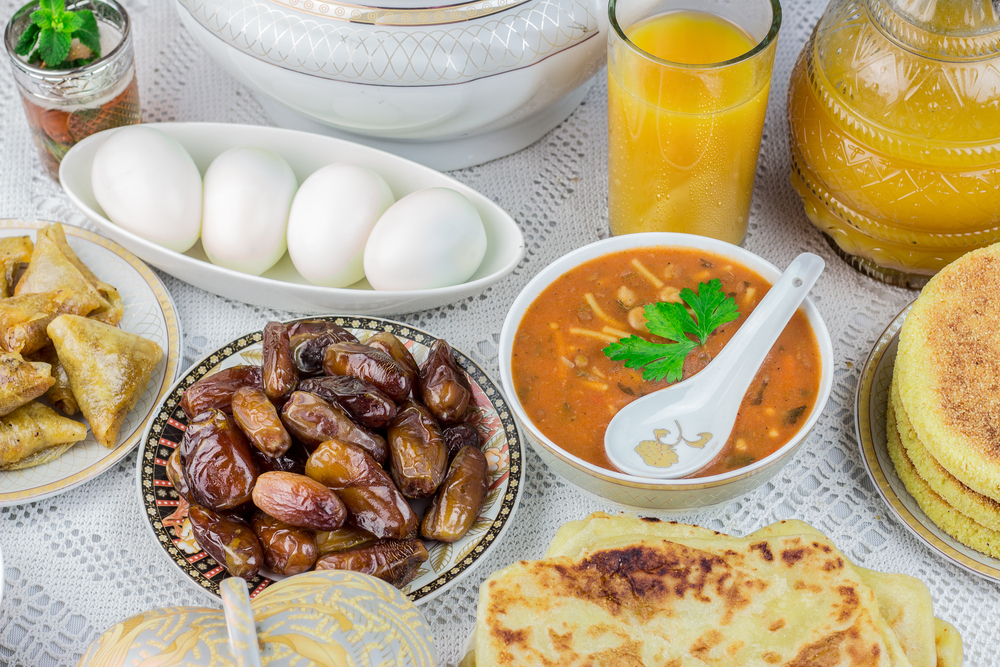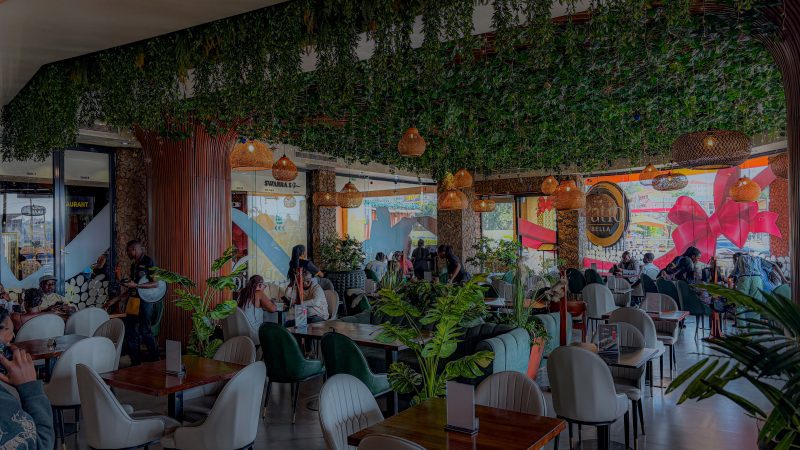Ramadan is the holy month of fasting for Muslims all around the world. It is a time of reflection, devotion, and spiritual renewal. During this month, the intake of food and drinks is limited to certain hours of the day, with many Muslims breaking their fast at sunset with a meal known as Iftar. It is essential to choose the right foods during Ramadan to ensure that the body gets the required nutrients while fasting.
In this article, we will discuss the best foods to eat during Ramadan.
- Dates: Dates are a rich source of energy and essential nutrients such as potassium and fiber. They also contain natural sugars that can provide an instant energy boost. You can stock up on these from the fresh food sections in large stores like Carrefour Uganda.
- Water: Staying hydrated during Ramadan is crucial, especially in hot climates. Drinking plenty of water during the non-fasting hours can help to prevent dehydration and keep the body functioning properly.
- Soups: Soups are a great way to break the fast, as they are light and easy to digest. They can also be a source of nutrients such as vitamins, minerals, and protein. Opt for soups made from vegetables or legumes for a healthy and filling option.
- Fruits: Fruits are a healthy and refreshing way to break the fast. They are rich in vitamins, minerals, and antioxidants that can help to boost the immune system and promote overall health. Choose fruits that are in season for the freshest taste.
- Protein-rich foods: Protein is essential for the body, especially during Ramadan when the body is not receiving food for long periods of time. Choose protein-rich foods such as lean meats, fish, eggs, and legumes to help maintain muscle mass and promote satiety.
- Whole grains: Whole grains are a good source of complex carbohydrates that can provide sustained energy throughout the day. Choose whole-grain bread, rice, and pasta to help maintain blood sugar levels and promote satiety.
- Dairy products: Dairy products such as milk, cheese, and yogurt are good sources of protein, calcium, and other essential nutrients. They can also help to promote satiety and prevent overeating during the non-fasting hours.
- Nuts and seeds: Nuts and seeds are a great source of healthy fats, protein, and fiber. They can also help to promote satiety and prevent overeating during the non-fasting hours.
It is important to note that while these foods are healthy options for breaking the fast, it is important to consume them in moderation and avoid overeating. Overeating can lead to digestive issues and weight gain, which can be detrimental to overall health.
As you go through this season of spiritual renewal, it is also important to prioritize health and nutrition.











